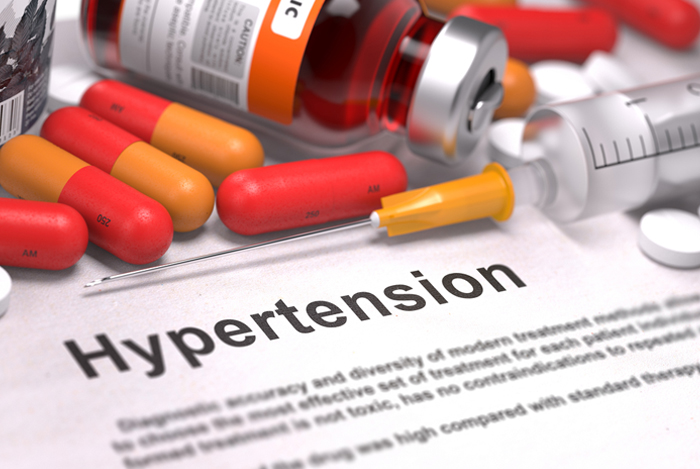The Importance of Regular Monitoring in Hypertension Treatment
Hypertension, or high blood pressure, is also referred to as the "silent killer" since it usually has no apparent signs while silently destroying the body over time. If left unchecked, it greatly raises the risk of heart disease, stroke, kidney disease, and other severe health issues. That's why monitoring on a regular basis is a key element in the effective control and treatment of hypertension.
Early Detection of Changes
One of the most important reasons to check blood pressure on a regular basis is to recognize changes early on. Blood pressure can change for any number of reasons, such as stress, diet, physical activity, and medication compliance. Without regular monitoring, these fluctuations may never be noticed, possibly giving rise to deteriorating hypertension or developing complications. Monitoring regularly helps patients and doctors detect trends or spikes and act early on.

Medication Effectiveness
Hypertensive patients are commonly put on medication to assist in reducing and controlling blood pressure. Yet the efficacy of these medications differs according to response, lifestyle issues, or coexistent diseases. Consistent monitoring helps ensure that administered therapy is effective as planned. When blood pressure is not controlled, or too low, it can be modified by changing the dosage or kind of drug to attain an ideal control.
Promotes Lifestyle Modification
Home blood pressure monitoring can be an effective incentive to make healthier lifestyle changes. Positive trends on the screen can support healthy habits such as limiting the use of salt, exercising more, stopping smoking, and controlling stress. On the other hand, increasing readings can remind people of deviations from their routine and prod them to stay committed to healthier lifestyles.
Prevents Complications
Uncontrolled high blood pressure can result in life-threatening conditions like heart attack, stroke, aneurysms, and kidney injury. By regularly monitoring blood pressure, patients and physicians can identify early warning signals and initiate preventive measures before damage occurs. Such vigilance is particularly critical for those with additional risk factors like diabetes, obesity, or family history of cardiovascular disease.
Empowers Patients
Self-monitoring on a regular basis makes patients responsible for their health. It helps them become more aware and knowledgeable about their condition, hence make more informed decisions and communicate well with the physicians. Active monitoring of their blood pressure makes patients more involved in their health and more likely to follow through with treatment regimens, resulting in improved outcomes.
Enhances Doctor-Patient Collaboration
Home readings can give healthcare providers useful information that office readings by themselves may fail to detect. For example, a few individuals have "white coat hypertension," in which their blood pressure is elevated in the medical environment because they are anxious. Others have "masked hypertension," in which their blood pressure is normal in the physician's office but high at home. Monitoring on a regular basis helps create a comprehensive picture, enabling doctors to adapt treatment plans accordingly.
Regular blood pressure monitoring is not only a good practice—it's a critical part of managing hypertension. It facilitates early detection, helps treatment work, encourages lifestyle changes, avoids severe complications, and empowers patients and physicians to make smarter choices. Through home monitoring or regular doctor visits, keeping up with your blood pressure readings is an active step toward living a longer, better life.
Years of Speciality Experience
Published Papers
Patients Treated
Awards
Contact
Location:
NAVDISHA MEDICARE, House number 5, Sector 19-A, Chandigarh, 160022
Email:
Call:
+91 97420 03898